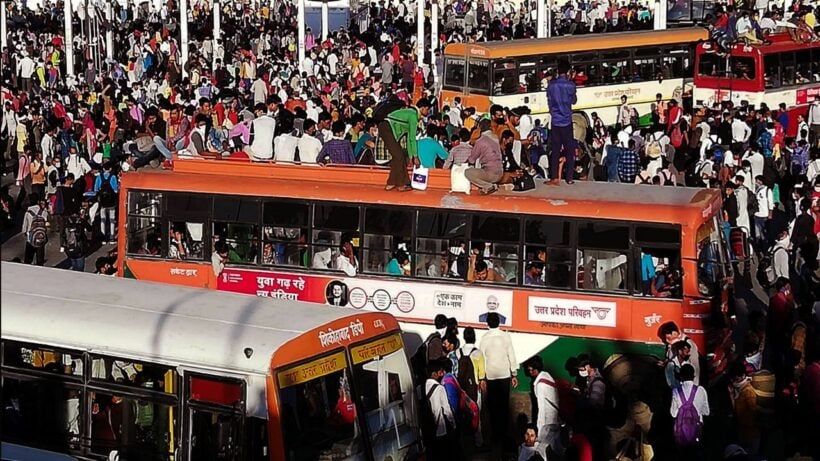South Asia risks becoming the next epicentre for Covid-19 pandemic

The World Bank has announced that South Asia is advancing towards its worst economic performance in 40 years. With decades of progressing in the battle against poverty, now the nations are facing problems that could bring poverty back to the front doorsteps of South Asia countries – India, Pakistan, Afghanistan, Nepal, Bhutan, Maldives, Sri Lanka and Bangladesh.
India, Pakistan, Afghanistan and other smaller nations, have some of the most densely populated cities combining a total of 1.8 billion citizens. So far the nations have reported relatively few coronavirus cases but experts fear they could be the next epicentre of the virus.

The World Bank reports…
“South Asia finds itself in a perfect storm of adverse effects with widespread lockdowns freezing most normal activities. Tourism has completely dried up, supply chains have been disrupted, demand for garments has collapsed and consumer and investor sentiments have deteriorated, leading to large numbers of poor workers suddenly jobless.”
“The Covid-19 after effects have been predicted to have slashed the growth forecast for the region to 1.8 – 2.8% from its pre-pandemic projection of 6.3%, with at least half of the countries falling into ‘deep recession’.”
“Worst hit will be Maldives where the collapse of tourism will result in gross domestic output contracting by as much as 13%, while Afghanistan could shrink by as much as 5.9% and Pakistan by up to 2.2%.”
The report also warned that the pandemic will push more inequality in the regions, with the pandemic mainly hitting informal workers with limited access to healthcare or social security.
For example in India, the world’s biggest lockdown has led hundreds of thousands of migrant workers to return to their home villages, many had to do so on foot.
It is advised by the World Bank that…
- Governments need to ramp up action to curb the health emergency, protect their people, especially the poorest and most vulnerable, and set the stage for a fast economic recovery
- Preparing weak healthcare systems, safety nets and securing access to food, medical supplies and necessities
- Temporary work programs for migrant workers
- Debt relief for business and individuals
- Cutting down on imports and exports goods
The bank’s Hartwig Schafer says “once the crisis is over, governments need urgently to pursue ‘innovative policies’ and jumpstart economies. Failure to do so can lead to long-term growth disruptions and reverse hard-won progress in reducing poverty.”
The World Bank is making ‘broad, fast action’, deploying up to 160 billion USD in financial support over the next 15 months to help countries protect the poor and vulnerable, support businesses, and bolster economic recovery.
SOURCE: Bangkok Post
Latest Thailand News
Follow The Thaiger on Google News:


























